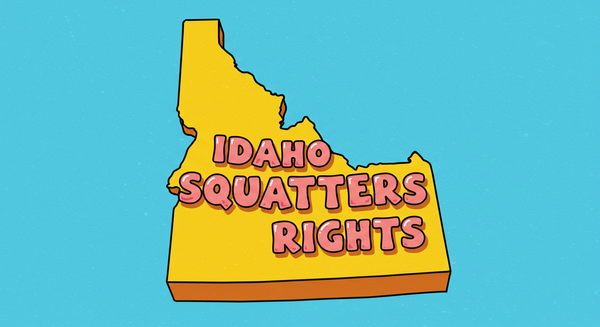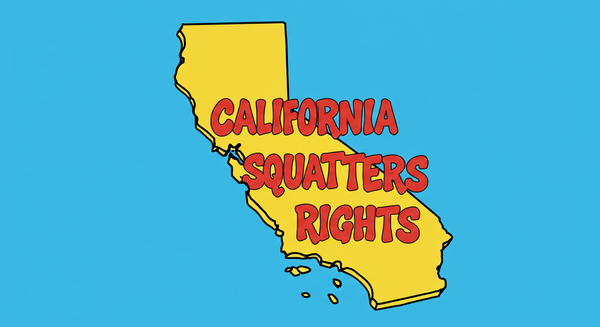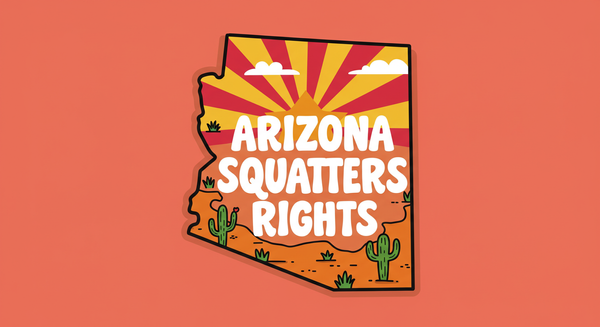
Iowa Laws
Iowa Squatter's Rights Guide: 2025 Laws, HB 322, and Property Protection 🏡
Iowa only requires squatters to occupy property continuously for 5 years before they can file an adverse possession claim

Iowa Laws
Iowa only requires squatters to occupy property continuously for 5 years before they can file an adverse possession claim

Indiana Laws
With Senate Bill 70 set to take effect on July 1, 2025, Indiana is poised for significant changes in how unauthorized property occupation is handled throughout the state.

Illinois Law
Illinois is targeting squatter issues with Senate Bill 3658 advancing through the legislature in 2024, which aims to strengthen how unauthorized property occupation is handled throughout the state.

Idaho Laws
Idaho requires squatters to occupy property continuously for 20 years before filing an adverse possession claim

Hawaii Laws
With real estate values among the highest in the nation and unique property challenges on the islands, Hawaii's approach to unauthorized occupation requires particular vigilance.

Georgia Laws
With the implementation of HB 1017, Georgia has shifted from treating squatting as a purely civil matter to one with potential criminal implications, substantially strengthening property owners' rights.

Delaware Laws
Delaware continues to follow its outdated, traditional adverse possession framework, making vigilance by property owners even more critical.

Connecticut Laws
Connecticut requires squatters to occupy property continuously for 15 years before they can file an adverse possession claim

Colorado Laws
In Colorado, squatters must maintain continuous possession for 18 years—one of the longest requirements nationwide. Any significant interruption restarts this timeline.

California Laws
The new trespassing notice system enables quicker police response to squatting situations without requiring the lengthy civil court process previously necessary.

Arkansas Laws
Even if a squatter remains on the property for the required time, they must also meet strict requirements, including open and notorious possession, exclusive control, payment of property taxes, and having "color of title," before they can initiate a legal claim for adverse possession.

Arizona Laws
The 2-year pathway represents one of the shortest adverse possession timeframes in the United States, creating significant risk for property owners who do not regularly monitor their investments.